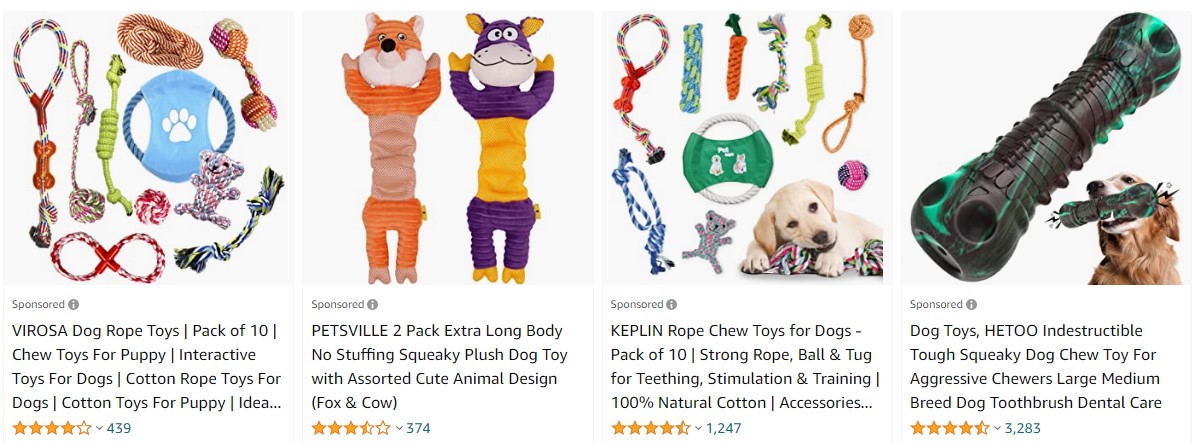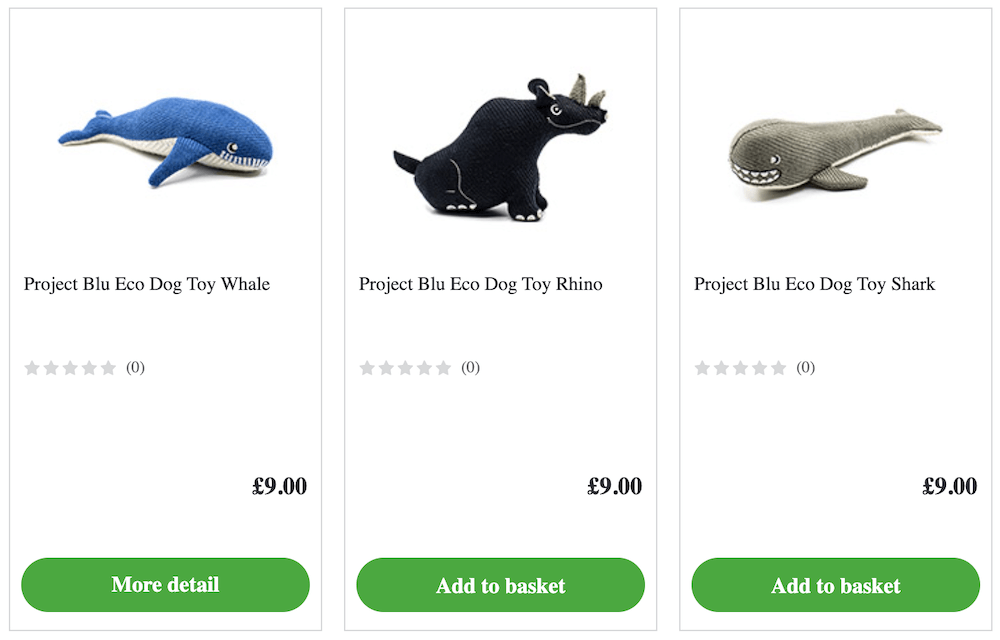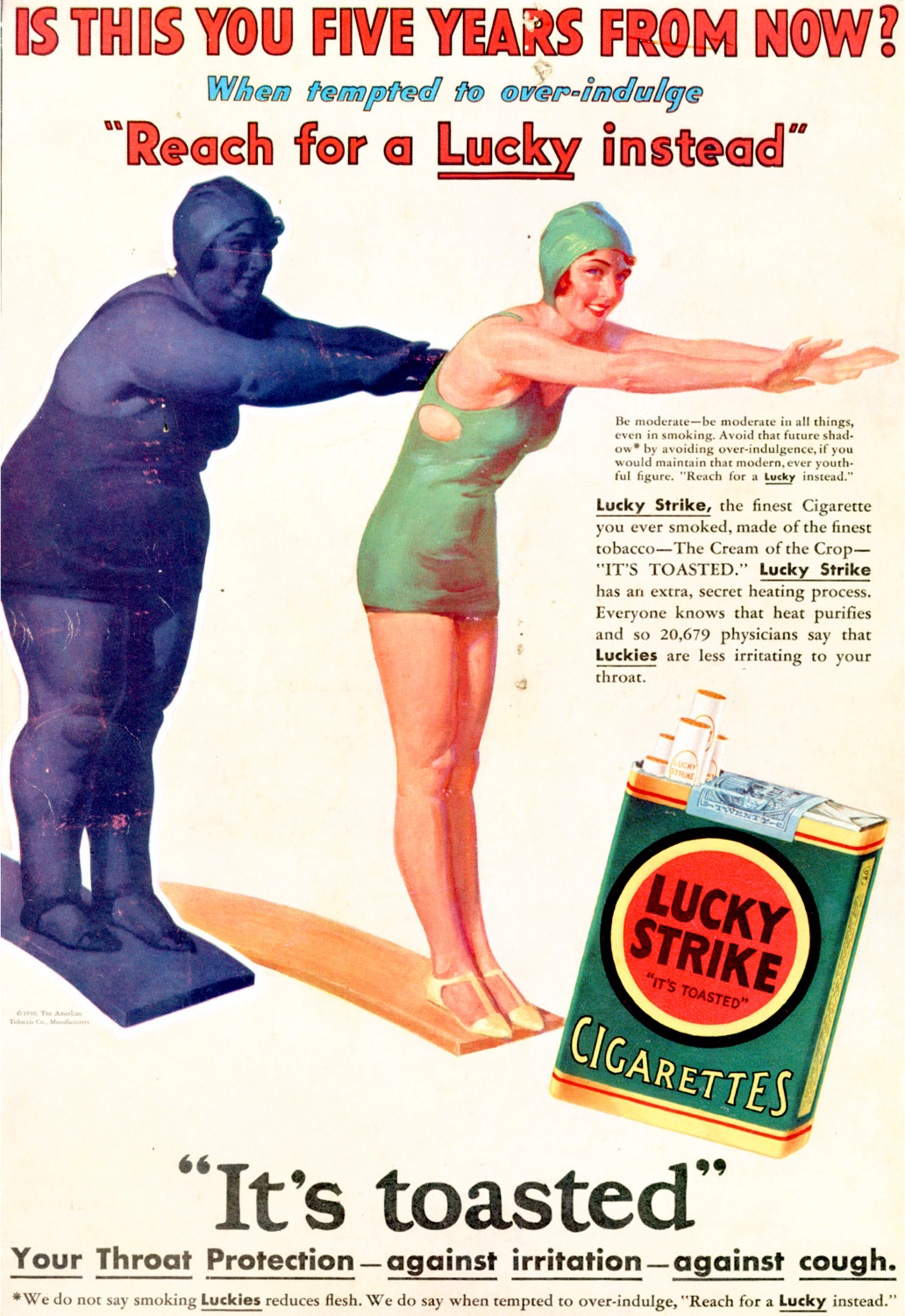Are online reviews trustworthy?

The simple answer? Maybe. While the internet has opened up new forms of communication and radically changed how we order goods and services, the breadth of new information that we have to contend with means that plenty of falsehoods and half-truths can slip through the cracks.
Conspiracy theories, fake quotes, clickbait, deep fakes. The arsenal of misinformation is growing. But we don’t have to feel defeated. A savvy consumer can identify when they are being intentionally misled and uncover whether an online review should be trusted or ignored.
Why are online reviews so important?
In a statistic: 93% of consumers say that online reviews impact their purchasing decisions. This makes sense when you consider that every time we make a purchase online, we’re taking a risk. We rarely get to see the product in action, and video and images can be easily distorted – as in these amusing examples.

Source: Reddit

Source: Reddit

Source: Reddit

Source: Reddit

Source: Imgur

Source: Reddit

Source: Reddit

Source: Reddit

Source: Reddit

Source: Reddit
Listings on prominent e-commerce sites can feature bizarre names, stock images, and bundles of keywords put together to better encourage a good placement amidst product listings. Let’s look at dog toys - just as an example. Consider this cross-section of amazon listings from small/medium-sized business to a specific, established pet accessories retailer.


First you’ll notice that the product names are far more straightforward in the bottom image. They’re typically single product purchases instead of bundles – and, pressingly, have no reviews.
The pet accessories retailer, which has a 49% market share in the UK where it operates, relies less on consumer reviews to establish legitimacy. Comparatively, Amazon’s storefront is the Wild West. You’ll notice that the top listings are sponsored advertisements – and that the first and third items are virtually identical.
How does a consumer cut through all this information and attempt to make a rational decision? By checking that others have purchased the product before and were satisfied. By reading reviews.
Reviews are a type of social proof. The term is taken from psychology and describes how the actions of others inform the way we behave. It’s particularly prominent when we’re faced with ambiguous situations which put our decision-making skills to the test. Like, for instance, when having to choose between a series of virtually identical amazon listings.
We can’t be certain that the listing with the highest rating and number of reviews is, in fact, the best product. Only by following the actions of others can we hope to make the right decision. Similar rules apply regardless of the product being sold.
The psychology of advertising
You might think that discussing dog toys in relation to psychological concepts like social proof is absurd, but it’s important to note that advertising and psychology have always been intimately intertwined. Reviews themselves are a form of consumer-driven advertising.
Advertising often seeks to use our emotions, goals of self-actualization, and desire to fit in and gain prestige with others to sell products.

Among the first to capitalize on these concepts was Edward Bernays, who created the field of public relations. His campaigns included ‘torches of freedom’, which encouraged women to pick up smoking, and the ‘pancake breakfast’, which aided in Calvin Coolidge’s successful 1924 run for president. His uncle was the psychoanalysis progenitor Sigmund Freud.
If our goal as conscious consumers is to make a rational decision in our best interests, then it’s important that we realize this association and understand when certain cognitive biases are informing the choices we make.
In the instance of online reviews, there’s an element of conformity bias – as we’re drawn to the product with the most ratings. But other factors can influence our decisions as well.
In Bernays’ torches of freedom, he picked out high society women to march up and down Fifth Avenue alongside his secretary Bertha Hunt, the purported instigator of the campaign. She communicated with the press, serving as an opinion leader.
We now see opinion leaders providing testimonials across the online world - these influencers are often sponsored by the company whose product they’re endorsing. Bernays and his staff were working for the tobacco industry.
If you want to learn more about cognitive bias, and how you can use consumer psychology to create effective testimonials – read our article on the subject here:
How to create testimonials that sellTestimonials are the best form of social proof. This complete guide shows you how to create effective testimonials, examples and why testimonials are so effective.→The difference between fake and paid reviews
This brings us to the difference between fake and paid testimonials. Both may seem like untrustworthy endorsements of a product, but there are massive differences in the legality and content of the two.
Paid testimonials
Paid testimonials aren’t inherently illegal in the US, UK, and Canada. We see them in conventional reviews, product placement, and sponsored content.
How are paid testimonials regulated?
Typically, they are permitted as long as the sponsorship is disclosed, and deceit is avoided. But regulators can and will intervene if they believe these rules haven’t been followed strongly enough.
In 2014, several popular British YouTubers participated in an ‘Oreo Lick Race’. The series of videos, commissioned by Oreo parent company Mondelez, was deemed by the Advertising Standards Authority not to have sufficiently disclosed that it was sponsored content. This was despite reference to the partnership appearing in the video descriptions and the content itself.
Regulations can differ from country to country, and firms that generate paid reviews pay close attention to the changing stipulations of advertising law. In the case of those British YouTubers – the fact that they were advertising sugary products to a generally younger audience necessitated greater oversight.
In the U.S, the FEC (Federal Election Commission) also states that there are no “regulations that explicitly prohibit paying individuals for appearances in advertisements that are sponsored by federal candidates”. Therefore paid testimonials are allowed in political advertising as well.
You can find out more about the various laws regarding paid testimonials and how they’re enforced in our deeper dive on the subject.
Which websites do not allow paid testimonials?
Despite the fact that paid testimonials are common in the advertising industry – many review websites, including Google, Amazon, and Yelp, consider them a violation of their terms of service.
Fake testimonials
Fake testimonials differ from paid testimonials in the sense that they are either directly generated by a business to endorse a product or else written by someone who hasn’t tried out the product themselves and, therefore, cannot attest to its quality. They are categorically illegal in the US, UK, and Canada, as they are seen to be deliberately deceitful. Their content may be entirely false, which in some instances creates serious ethical concerns.
Spotting untrustworthy reviews
According to Fakespot, a service that detects fake reviews – 30.9% of analyzed customer reviews in 2020 were deemed to be fraudulent. If this concerns you, you’re not alone – 67% of US consumers consider fake online reviews a growing problem. We have another article on this particular subject if you want to learn more about how to spot fake reviews and testimonials.
The source
By looking at the profile that created the review, we can help to uncover whether it’s fraudulent. Here are some things to look out for.
- The profile picture – profiles hastily created to leave fake reviews will often have no profile picture, or feature a stock image. Stock images will have the subject clearly in focus and are professionally lit. Check the posing – if it’s been candidly taken on a grainy phone camera, it’s more likely to be legitimate.
- The name – if the profile name is a string of numbers and letters with no clear meaning, it may indicate that it’s been hastily put together for the purpose of a single review.
- The other posts – perhaps the most convincing way to tell if a review is fake if the profile hasn’t left any other reviews. People who like to give their thoughts on products are generally inclined to do it again and again. Check the age of the profile – false reviews are often quite new as the platform hasn’t yet had time to remove them.
The content
- Positives out of negatives – this is a good rule for seeing if any online content has been written by someone close to the source. They’ll typically start by explaining a criticism, then demonstrate how it has been misconstrued, and perhaps spin it into a positive.
- Length – genuine reviews tend to sit at a happy medium of length. Long-winded reviews – especially on a simple product - suggests it’s perhaps been written to bump up its relevance in a website's algorithm. A sentence-long review may indicate it’s been written for the sole purpose of giving a positive star rating.
So, are online reviews trustworthy?
Generally speaking, you can trust most of them. Major platforms such as Google and Amazon have clear policies prohibiting review abuse. They also heavily invest in machine learning and human moderation to mitigate misinformation and make their reviews more trustworthy. As a result, you can expect that the majority of online reviews are genuine and from real people.
However, given the sheer amount of information that review platforms process, many fakes still slip through the cracks. That’s why we've discussed some steps to help you determine whether a review is fraudulent, or whether you can trust it.
As consumers become aware of the prevalence of untrustworthy reviews, they're looking more towards authentic testimonials, as they can actually attest to a product's quality and provide helpful, relevant information.
If you're looking to increase your number of high-quality, credible testimonials – check out Niva.io.
